If you’re thinking about riding a motorcycle in Texas, it’s important to know the state’s helmet laws. In this article, we’ll discuss whether Texas has a helmet law and provide answers to frequently asked questions as well as useful tips for motorcyclists.
Table of Contents
What Is Texas’s Helmet Law?
In Texas, all motorcyclists are required to wear a helmet while operating or riding on their motorcycle. A helmet must meet the standards set by the Department of Public Safety and be properly secured with straps so it won’t come off in the event of an accident. The law also requires that eye protection be worn when riding a motorcycle.
Texas’s General Rule for Motorcycle Helmet Use
In Texas, the general rule is that all motorcycle riders must wear helmets. However, there are some exceptions to this rule. Riders aged 21 and over with medical insurance coverage may ride without a helmet if they have completed a motorcycle operator training and safety course approved by the Texas Department of Public Safety (DPS). The DPS also allows drivers who meet certain requirements to wear a helmet that is no more than five years old.
Finally, Texas has a law that requires passengers riding on the back of a motorcycle to wear a helmet regardless of age or insurance coverage.
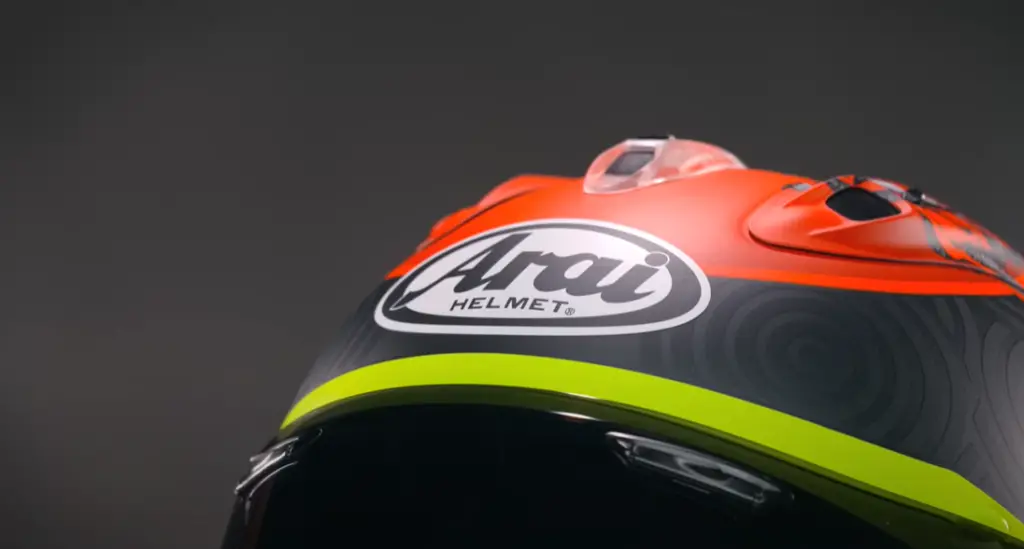
Are There Exceptions to Texas’s Helmet Law?
Yes, in Texas, there are exceptions to the use of helmets while driving a motorcycle. Riders over 21 years old who have completed a state-approved rider safety course or have an applicable insurance policy may legally choose not to wear a helmet. Additionally, passengers of all ages are not required to wear helmets if they meet those same requirements.
Complying with Texas’s Insurance Exception
In Texas, motorcycle riders are required to wear a DOT-approved helmet if their insurance coverage does not meet certain requirements. This is called the “Insurance Exception” law.
Riders who have medical payments or uninsured/underinsured motorist insurance coverage of at least $10,000 per person and $20,000 per accident are exempt from the helmet law. However, if their coverage is less than this amount, they must wear a helmet while riding in Texas.
When Did Texas Repeal Its Helmet Law?
In 1997, Texas repealed its helmet law. Prior to that, all motorcyclists were required to wear helmets while riding in the state, regardless of their age or experience level. However, after the repeal of the law, riders aged 21 and over are no longer mandated to don a protective headgear while operating a motorcycle in Texas.
Is Texas’s Helmet Law Constitutional?
The Texas Motorcycle Helmet Law is found under the Transportation Code §545.413, and it requires all riders, with some exceptions, to wear a helmet while operating a motorcycle. The law allows some riders to operate without helmets if they meet certain qualifications.
For instance, riders who are 21 and older can choose not to wear a helmet if they have taken a motorcycle safety course, have proof of insurance, and have at least $10,000 in medical insurance coverage. Additionally, motorcyclists who are 18 through 20 years old do not need to wear helmets as long as they meet the same qualifications and carry a valid motorcycle license.
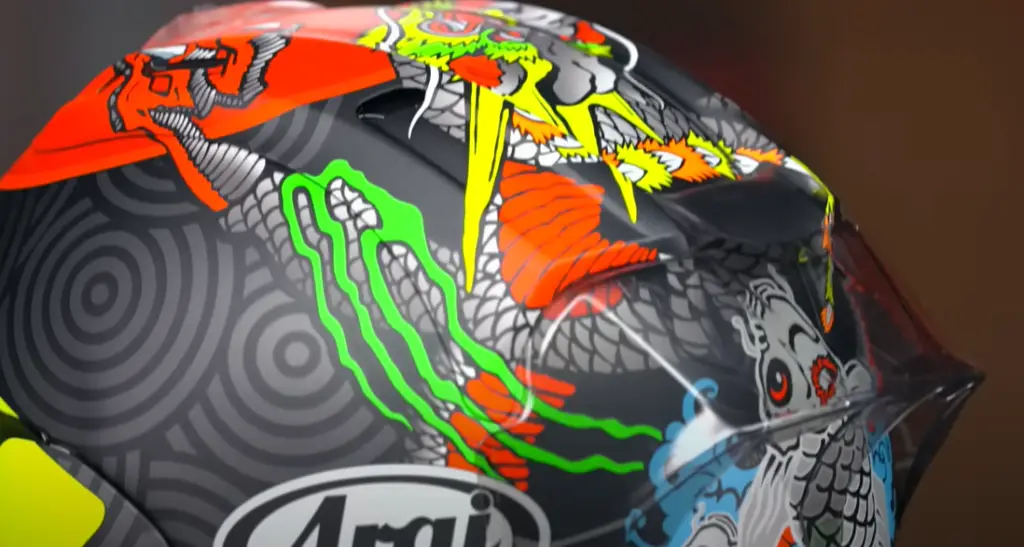
Is Eye Protection Required for Motorcyclists in Texas?
Good question! Currently, Texas does not have a law that requires all motorcyclists to wear eye protection while operating a motorcycle. However, there are some exceptions. Riders under the age of 18 must wear protective eyewear while riding on public roads or highways in Texas. Additionally, riders who choose to ride without a windshield or windscreen must also wear protective eyewear while on the road.
It’s important to note that eye protection is still highly recommended for all motorcyclists, regardless of their age or whether they are riding with a windshield or windscreen. Motorcycle goggles, sunglasses, and face shields can help protect your eyes from UV rays, dust, dirt, bugs, and debris that can be kicked up from the road. Additionally, wearing eye protection can help improve visibility in low-light or stormy conditions.
What Is the Penalty for Operating a Without a Helmet in Texas?
In Texas, it is illegal for a rider to operate any vehicle without wearing a helmet that meets the state’s safety standards. According to the Texas Transportation Code §545.413, if a person is caught operating or riding a motor vehicle without wearing a proper helmet they are subject to fines ranging from $25 – $200 dollars and/or confinement in jail for not more than 30 days.
It’s also important to note that if a rider is under the age of 21, they are required by law to wear either an approved protective helmet or face shield. If a person is caught failing to comply with this law, they may be subject to fines ranging from $25 – $100 dollars and/or confinement in jail for not more than 30 days.
Texas Helmet Laws and Car Accident Compensation
In the state of Texas, it is legally required for motorcyclists and their passengers to wear a helmet at all times when riding. This law aims to protect riders from life-threatening injuries if they are involved in an accident.
Since helmets decrease the severity of head injuries, wearing a helmet increases your chance of receiving car accident compensation if you are injured in a crash. Even if someone else is at fault for the accident, not wearing a helmet does have its consequences when it comes to how much you can receive in damages.
Comparative Negligence and Motorcycle Accidents
When it comes to motorcycle accidents, the laws of comparative negligence or “modified comparative negligence” usually apply in Texas. This means that if you were partially at fault for the accident, you may still be able to recover damages from those who are more at fault. For example, if a driver ran a stop sign and hit the motorcyclist, but the motorcyclist was speeding at the time of impact, that motorcyclist may still be able to recover damages. The court will determine each party’s share of fault and adjust compensation accordingly.
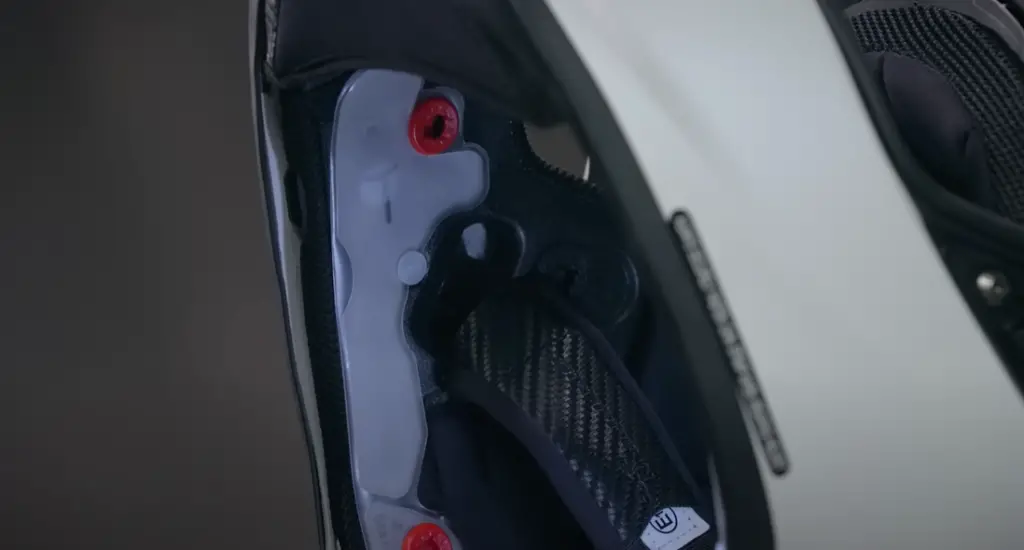
Not Wearing a Helmet and Claiming Compensation
If you are riding a motorcycle in Texas, it’s important to know that not wearing a helmet is against the law. If you are injured while not wearing a helmet, your ability to claim compensation may be affected. The insurance company or court could use the fact that you were not wearing a helmet as evidence of contributory negligence on your part. This means that you might be unable to claim all, or part of your damages as a result of the accident.
If you are injured while not wearing a helmet and you decide to pursue a compensation case, then it is important to have legal counsel on board to help assess your options and ensure that you have the best possible chance of success. Your lawyer can help you understand the legal ramifications of not wearing a helmet and how it might affect your case. They can also help you to determine whether it is worth pursuing the claim, or if settling out of court is a better option for you.
Do Motorcycle Helmets Save Lives?
Yes, motorcycle helmets save lives. According to the National Highway Traffic Safety Administration (NHTSA), wearing a helmet reduces your risk of death by 37% and greatly decreases your chance of suffering a brain injury if involved in an accident. In fact, from 2008 to 2017 there were over 7,000 people saved from dying in a motorcycle crash due to wearing a helmet.
Reasons to Always Wear a Helmet
When it comes to the safety of yourself and your passengers, wearing a helmet is always an important step. Even if there are no laws requiring helmets in Texas, here are some reasons why you should always wear one:
- Safety: Wearing a properly fitted helmet can reduce your risk of serious injury or death by up to 67%.
- Legal Protection: Even if there is no helmet law in Texas, helmets can still be used as evidence in personal injury claims and lawsuits related to motorcycle accidents.
- Comfort: Helmets are designed to be comfortable and provide a cushion between your head and the elements during long rides.
- Visibility: Helmets can help make you more visible to other drivers and pedestrians on the road.
- Style: Helmets come in a variety of colors and designs, making it easy to find one that reflects your personal style.
Enforcement of Texas’s Helmet Law
In Texas, the helmet law applies to all riders regardless of age. This means that even children under the age of 21 must wear a helmet when riding a motorcycle. Failure to do so can lead to fines and points on your driver’s license. If a rider is found to be in violation of the law more than once within two years, a Class C misdemeanor charge may be filed.
If you are stopped for not wearing a helmet, you must prove to the officer that you either have one in your possession or that you purchased it 30 days prior to the stop. The officer can also impound your motorcycle if they find that you are in violation of the law more than once within two years.
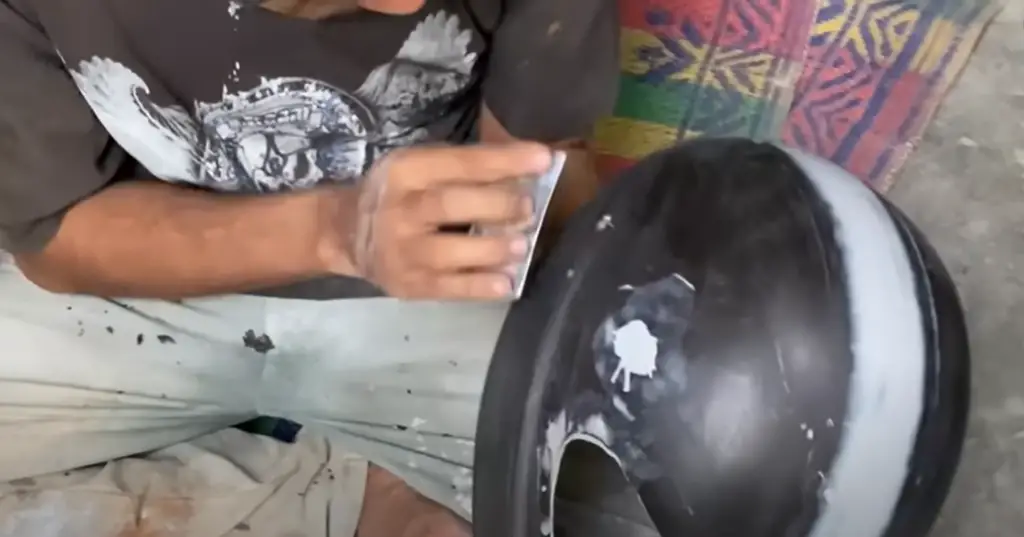
What You Need to Know About Helmet Laws for Children
If you live in the state of Texas, you may be wondering if there is a helmet law for children. The answer is yes! In fact, Texas has some of the most stringent helmet laws in the nation.
Failure to comply with this law can result in fines and other penalties. So it’s important that you take the proper steps to make sure your child is wearing a helmet when riding any motorized vehicle.
Vehicles to Which the Motorcycle Helmet Laws Do Not Apply
Not all riders in Texas are required to wear helmets. The law only applies to operators and passengers of a motorcycle or moped who are 21 years old or younger. Also, Texas does not have any laws that require people operating three-wheeled motorcycles to wear helmets; however, many safety experts recommend wearing one for added safety. Finally, those riding in sidecars or in enclosed cabins are not required to wear helmets, but they still should consider wearing one for protection.
What Is The Difference Between Certified And Non-Certified Helmets?
When it comes to motorcycle helmets in Texas, there are two types: certified and non-certified. Certified helmets meet the standards set forth by the United States Department of Transportation (DOT). Non-certified helmets typically don’t comply with DOT regulations, though they may still offer some protection.
The main difference between certified and non-certified helmets is that the former are tested rigorously to ensure that they offer a higher level of protection. Certified helmets must meet certain standards regarding their construction, impact resistance, and ability to absorb energy in the event of an accident. Non-certified helmets do not have to adhere to any specific regulations or testing requirements.
Who Is Liable In A Motorcycle Accident?
If you’re involved in a motorcycle accident, it is important to know who can be held liable for any damages or injuries. In Texas, the law states that liability for damages resulting from an accident involving a motor vehicle must be shared proportionately between those at fault. If a person is found negligent (e.g., speeding, failing to yield right of way, etc.) then they can be held liable for any injuries and/or damages that occurred as a result of their negligence.
Is Choosing Not To Wear A Helmet Considered Negligence?
In Texas, it is not considered negligence if you do not wear a helmet while riding a motorcycle or bicycle. However, that does not mean it is a good idea to go without! Helmets are designed to protect your head and brain in the event of an accident and can significantly reduce your chances of suffering serious injury or worse.
Are Helmets Effective In Preventing Injuries?
Yes, helmets are an effective way to reduce the severity of head injuries. According to the Centers for Disease Control and Prevention (CDC), when used correctly, a helmet can reduce the risk of a serious head injury by up to 88%. Helmet use is especially important for young riders as their heads are still developing, making them more prone to injury.
In Texas, all motorcyclists and passengers are required to wear a helmet that meets the Department of Public Safety’s standards. Helmets must have a label certifying they meet Federal Motor Vehicle Safety Standard 218 or be certified by the Snell Memorial Foundation or the American National Standards Institute.
Other Ways To Prevent Motorcycle Injuries
Besides wearing a helmet, there are other steps you should take in order to stay safe while riding on your motorcycle. These include:
- Always wear protective clothing such as sturdy boots, gloves, jackets and eye protection.
- Make sure your bike is well maintained. Check the tires frequently for proper inflation and check the brake fluid, lights and signals regularly.
- Be aware of your surroundings and stay alert. Avoid distractions such as talking on the phone or texting while driving.
- Obey all traffic laws and speed limits.
- Stay sober when operating a motorcycle — never drink and ride!
- Take a riding safety course to brush up on your skills.
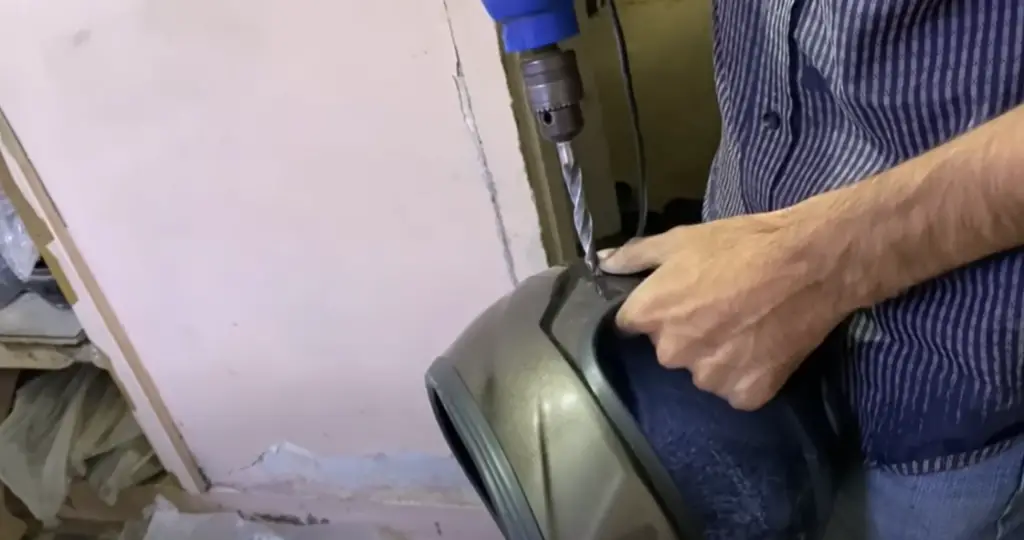
FAQ
Is Texas A helmet Free State?
No, Texas does not have a helmet-free law. According to the Texas Department of Public Safety, all motorcyclists and passengers under the age of 21 must wear an approved helmet while riding. Helmets that meet or exceed US Department of Transportation safety standards are required for those over 21 years old.
Which US states have no helmet law?
Five US States, Illinois, Iowa, New Hampshire, New Mexico and Vermont do not have a universal helmet law.
How old do you have to be to ride a motorcycle without a helmet in Texas?
In Texas, motorcyclists and passengers under the age of 21 must wear an approved helmet while riding. This law applies to both electric scooters and motorcycles as well.
What are the motorcycle laws in Texas?
In addition to the helmet law, motorcycle riders in Texas must have a valid driver’s license with a motorcycle endorsement. Motorcycles must be registered and licensed as well. If you are under 18 years old, there are additional restrictions for operating a motorcycle such as not riding between midnight and 5am unless accompanied by an adult over 21 years old who has a valid driver’s license with a motorcycle endorsement.
Is Texas motorcycle friendly?
Yes, Texas is motorcycle friendly. Although riders must obey the laws and wear a helmet, there are plenty of scenic roads for motorcyclists to explore in the state. There are also numerous clubs and events that cater to motorcycle enthusiasts. So whether you’re looking for an adventure or just want to take a leisurely ride, Texas has something for everyone. With its beautiful rural roads, fantastic food and friendly people, Texas is a great place to ride your motorcycle.
Useful Video: Texas’ Motorcycle Helmet Law
Conclusion
When it comes to helmet laws in Texas, there are a few things to keep in mind. First of all, the state does not have a universal helmet law that covers all motorcyclists regardless of age or experience level. However, riders under the age of 21 are required by law to wear a DOT-approved helmet while operating their motorcycle in the state of Texas. Furthermore, riders age 21 and over can choose to forgo wearing a helmet if they so choose but must first meet certain criteria, such as having at least two years of experience or passing a safety course approved by the Motorcycle Safety Foundation.
For those looking to ride safely on their motorcycle in Texas, it is always recommended to wear a helmet. While the state may not require all riders to do so, donning a DOT-approved helmet can help reduce the risk of serious or fatal injuries in the event of an accident. Additionally, many motorcycle insurers will provide discounted rates for policyholders who choose to wear helmets while riding their bike.
References:
- https://www.attorneystevelee.com/our-library/texas-motorcycle-helmet-laws/
- https://www.mcminnlaw.com/motorcycle-helmet-laws-in-texas/
- https://www.guestandgray.com/motorcycle-helmet-law.html

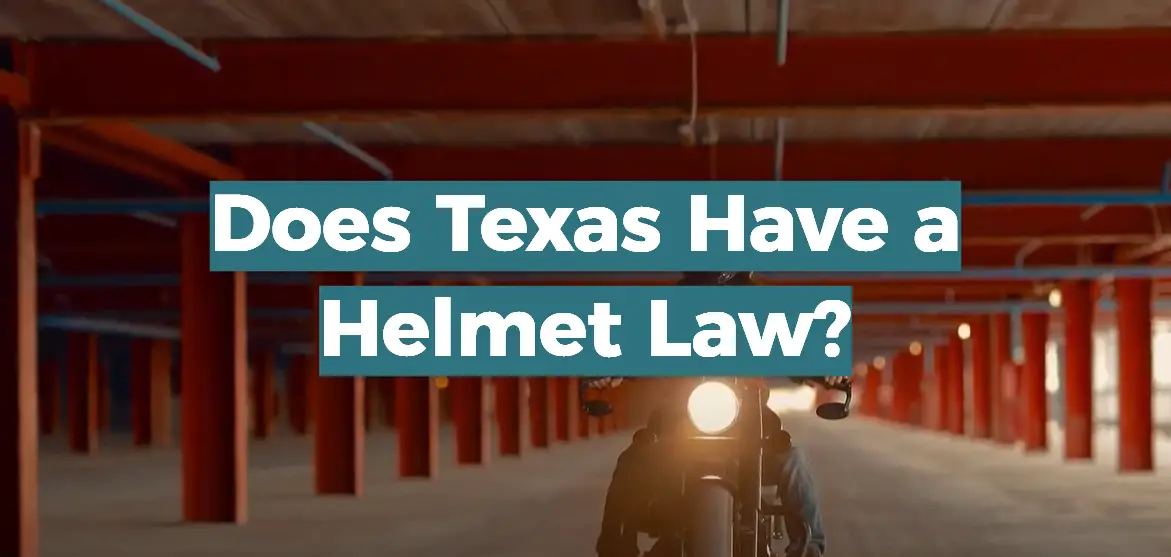
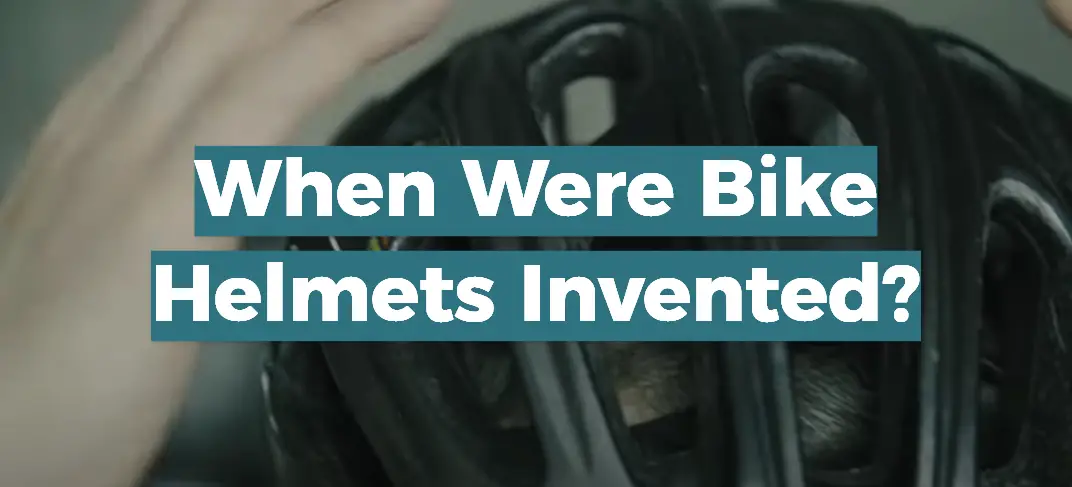
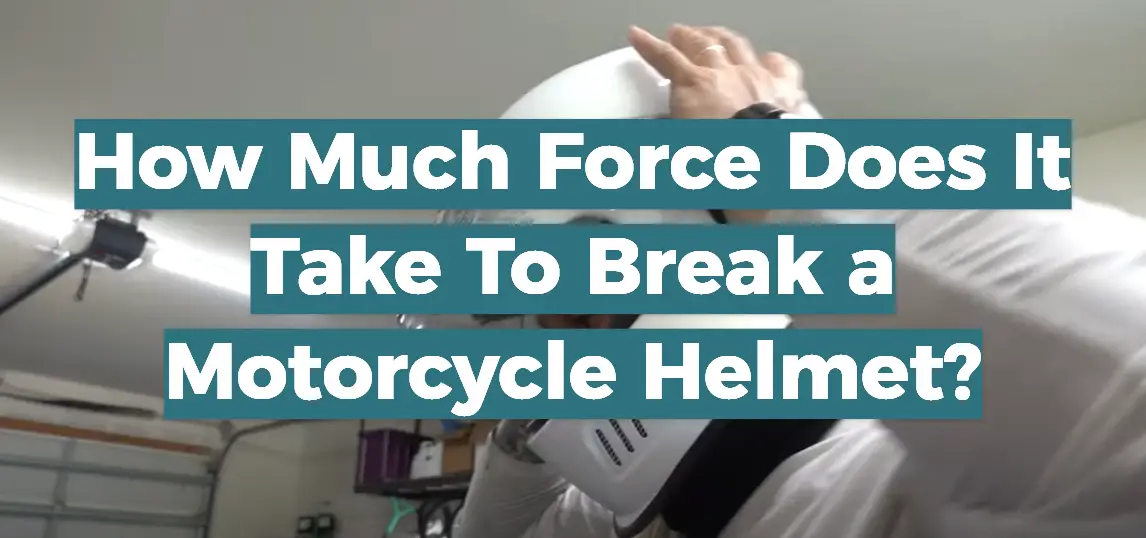

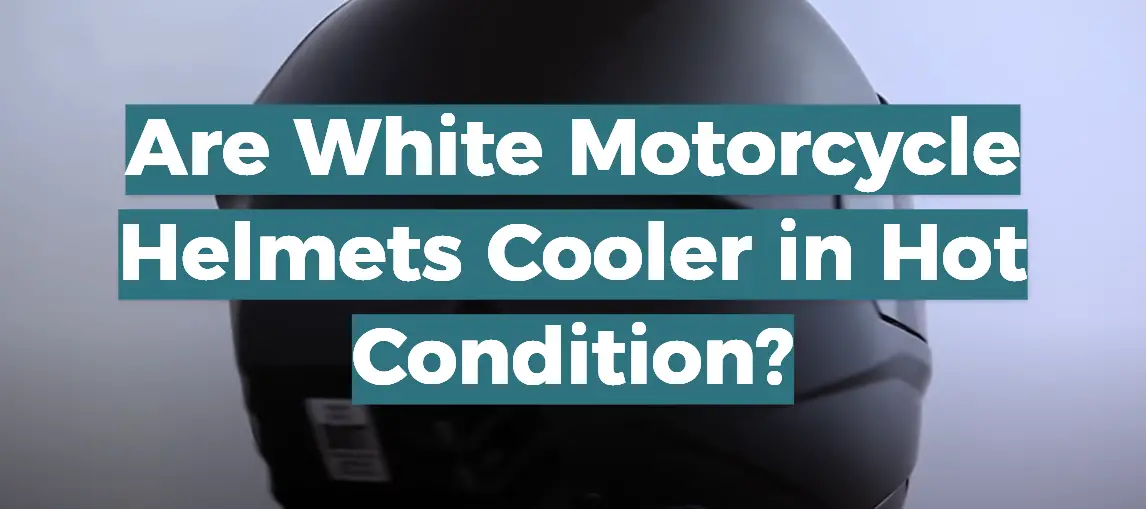
Leave a Reply